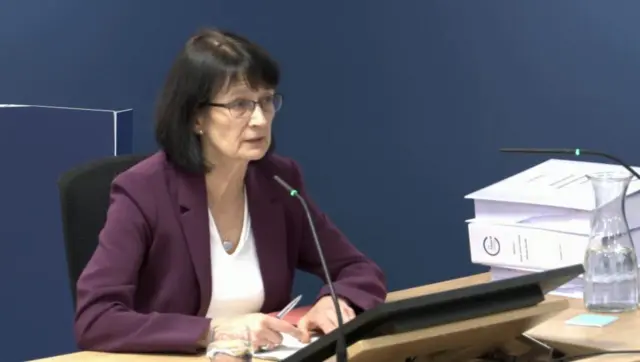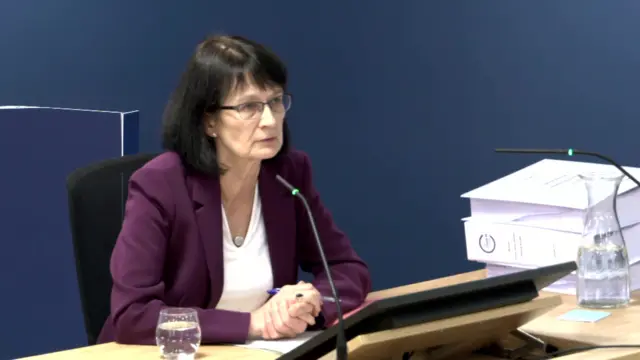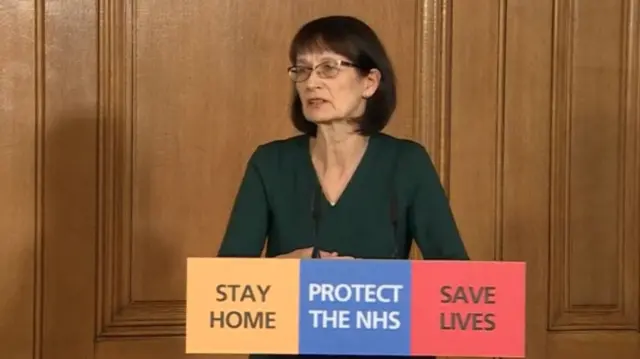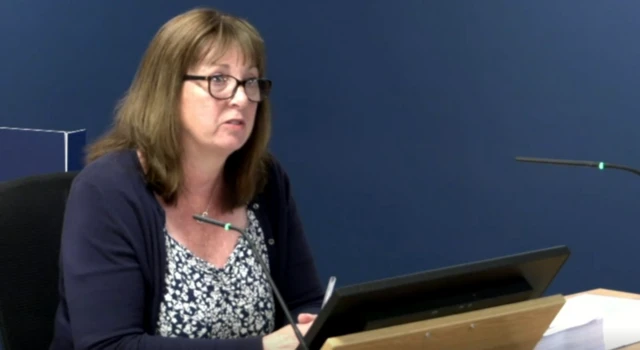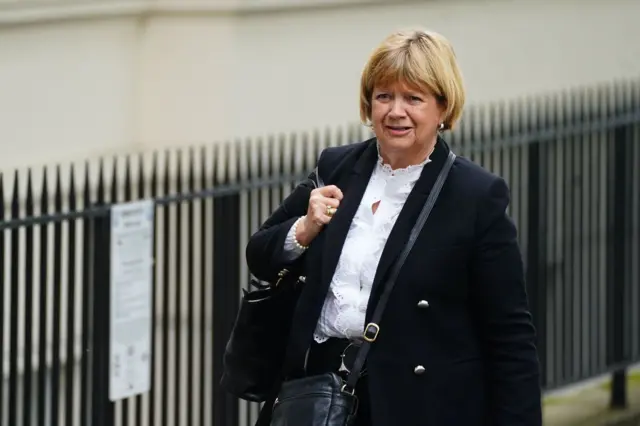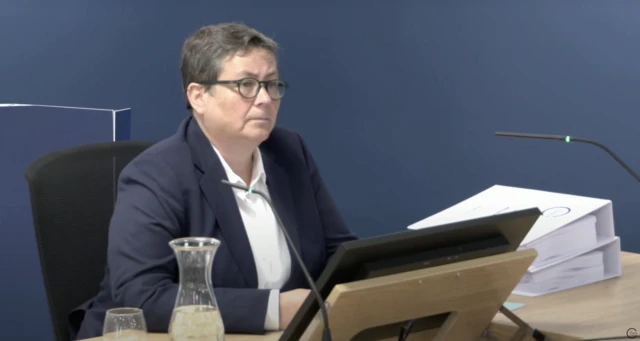Goodbye for nowpublished at 17:47 BST 26 June 2023
 Marita Moloney
Marita Moloney
Live reporter
We're going to pause our live coverage of today's session at the Covid Inquiry, thanks for joining us.
We heard from the health security chief Dame Jenny Harries, as well as Emma Reed from the Department of Health and the RCN's Rosemary Gallagher, about their assessment of how prepared the UK was before the pandemic hit.
Former Health Secretary Matt Hancock will be giving evidence at the inquiry tomorrow morning, and we'll be back to report, analyse and fact check what he says.
Today's page was brought to you by Heather Sharp, Jim Reed, Michael Sheils McNamee, Emily Atkinson, Malu Cursino, and myself.
Want to read more? This piece explains everything you need to know about the Covid Inquiry. And here's a quick guide to Matt Hancock ahead of his appearance tomorrow.


